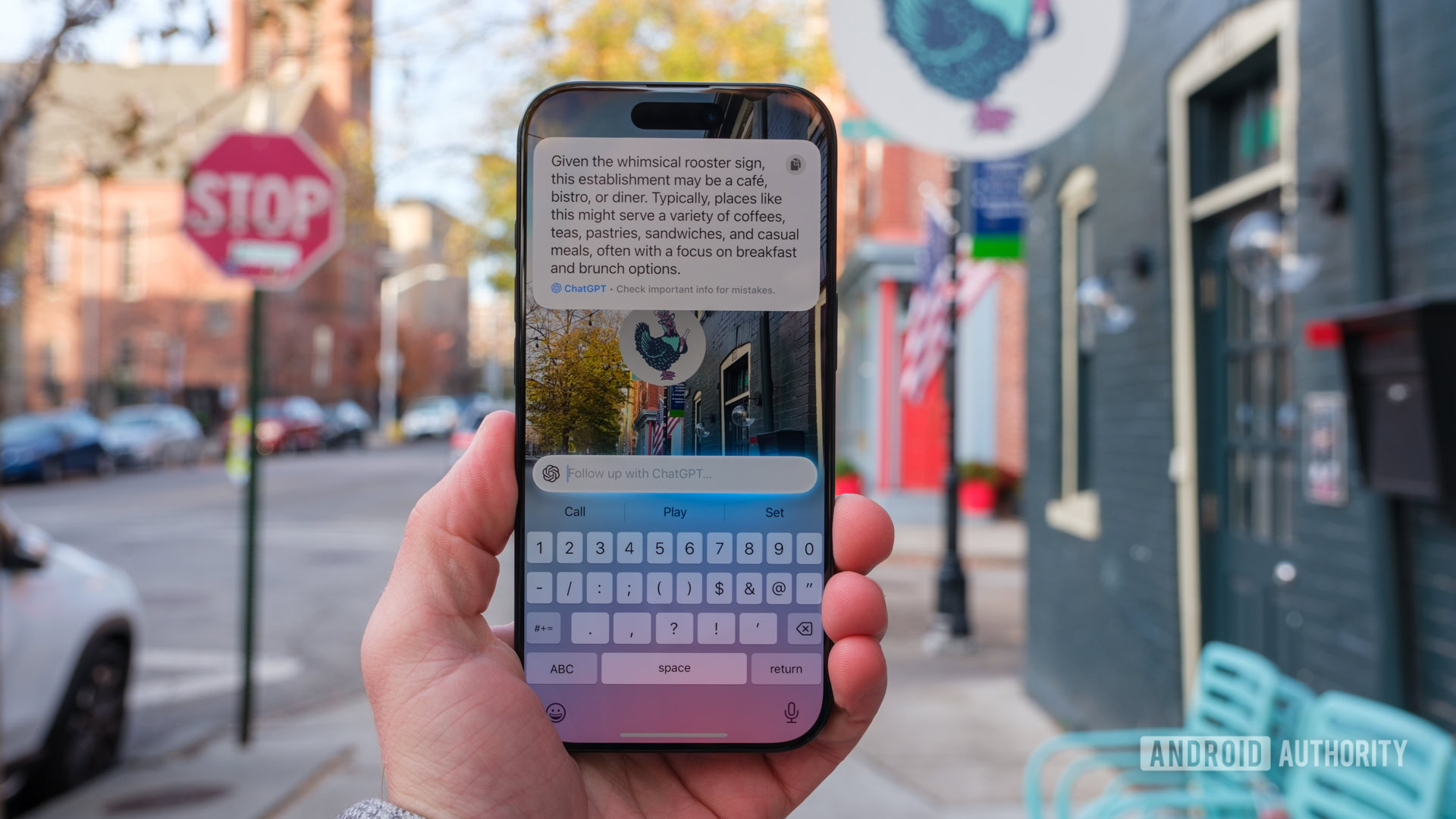STUDENTS at a major university are being hit with a barrage of parking tickets – with one student owing $800.
Car owners of Rider University, New Jersey, are dealing with ongoing parking conflicts, with fees beginning to add up for students – affecting their academic careers and campus life.
2

2
According to Rider News, the student newspaper of the Rider community, parking permits for the area are adding a financial burden to tuition and housing.
What’s more, an accumulation of parking tickets has become a hot topic.
One such student, sophomore business administration major Ava Graves, currently has $800 in tickets which have accumulated from last semester.
Graves explained that her Bronc Bucks were put on hold until her balance was paid, but she received no notice.
Graves said: “I’m working over 25 hours a week so I can pay my dues and loans so it’s just an endless cycle at this point.”
Sophomore music education major Ronan Flynn is in a similar predicament, with $730 in tickets.
He was unable to register for spring 2025 classes until the balance was paid.
Flynn added: “Personally, I think Rider administration could have made more of an effort in informing the student body of the incredibly severe repercussions of these tickets.
“These have and will lead to incredibly harmful results, possibly ruining the collegiate future of some of Rider’s brightest students.
“With Rider in such a time of need, the last thing that the university should be doing is penalizing students for what should be a basic right.”
Vice President of Enrollment Management Drew Aromando recently revealed there is a threshold for students that have tickets in the area of $1,000.
In such instances, course selection is delayed.
He added: “Most importantly, we don’t want students to get into this hole of an unpaid balance.”
Interim Director of Public Safety, Matthew Babcock, added: “Typically at about five tickets, we send out a warning letter if we know who the registered owner of the vehicle is.
‘You are in violation of Rider University’s policy. You are subject to being booted or towed, depending on the situation.’
Vice President of University Operations, Michael Reca, weighed in that parking passes became mandatory at $250 per year or $125 per semester, while additional parking fees now come with the potential of being towed.
“We try to avoid [towing] as much as possible,” he said.
“We want to give everyone the benefit of the doubt.”
Reca also believes some students don’t register their cars because they believe Public Safety cannot find the owner’s identity.
However, they can look up license plates.
Babcock has said that towing has not been a common consequence for parking violations in the past year – with only two cars being towed for fire zone violations.
The main reason for parking tickets is because students do not park in their assigned parking lot.
Reca said his team has looked into making parking more convenient for students.
However, regulation changes regarding paved surfaces and drainage mean the price has increased.
Reca added: “We have more than ample parking spots on campus.
“Every year I say this, ‘We don’t have a parking problem, we have a convenience problem.’
“The parking that is available may not be as convenient as where you want to be.”
How to spot a fake parking ticket

Thieves sometimes go to great lengths to squeeze money from drivers
With parking ticket scams on the rise, it’s important to know how to tell the difference between a bogus ticket and a legitimate one.
Many parking enforcement agencies, like those employed by cities, will never ask people to pay for their tickets via apps like Venmo, PayPal, or Zelle.
A QR code should always make drivers cautious, as many times they lead to fake payment websites built by scammers to access banking or personal information.
It’s also wise to pay close attention to logos, as some scammers will even use fake logos close enough to a city’s official logo fooling those who don’t look closely.
Emails or text messages regarding parking citations should always be ignored, as most parking enforcement agencies will never use those mediums to collect a debt.
Other helpful tips for spotting false citations:
- Do some research on the lot you’re parking in, as signs are legally required to be posted to inform drivers on who is enforcing parking rules.
- Carefully examine the citation for any flaws – misspellings, incorrect logos, links, QR codes, etc.
- Evaluate the contact information on the ticket. Websites that belong to cities will always end in either .gov.
- Finally, pay with a card, as disputing an illegal charge is easier. Avoid mailing checks or cash to a suspect parking ticket.
- Look at a city’s ticketing database to double-check that you’ve been cited by an official.
Source: CBS affiliate WHNT










